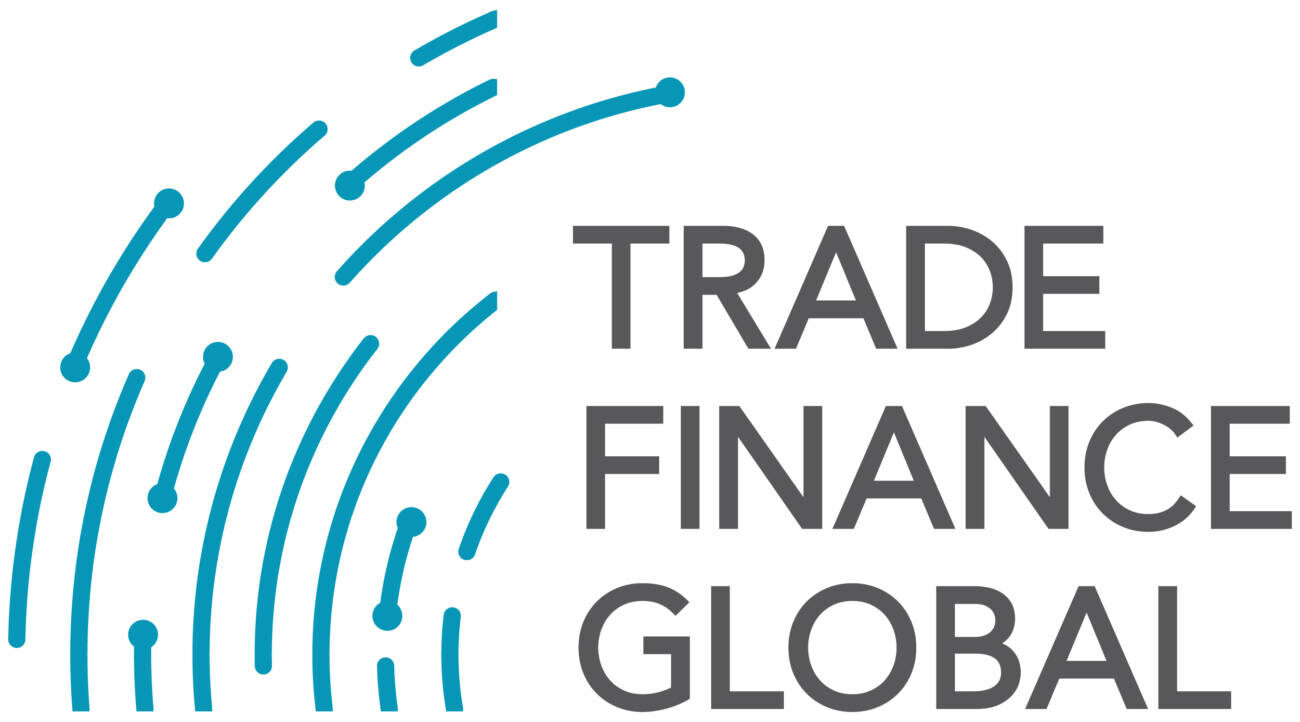According to Ravi Menon, the Monetary Authority of Singapore’s (MAS) managing director, Singapore is set to trial the live issue and utilisation of wholesale central bank digital currencies (CBDCs) in 2024.
Menon, speaking at the Singapore FinTech Festival 2023 on Thursday, revealed plans to extend their experiments in the coming year, but did not provide further details on the timeline.
Menon announced that MAS, which functions as the city-state’s central bank and financial regulator, will pilot the real-time issuance of wholesale CBDCs to facilitate payments among commercial banks.
A wholesale CBDC is a type of digital currency issued by central banks for exclusive use by central banks, commercial banks, or other financial entities. This currency is employed in settling large-value interbank transactions, distinct from retail CBDCs that are aimed at individuals and businesses for everyday transactions.
Menon highlighted that since 2016, MAS has been conducting various trials with other central banks and the financial sector to investigate the potential of wholesale CBDCs on distributed ledgers for enabling real-time cross-border payments and settlements. Distributed ledgers are databases spread across multiple locations.
One of these initiatives is Project Ubin, launched in 2016 to explore blockchain and digital ledger technology for the clearing and settlement of payments and securities. Project Ubin concluded in 2021 after five phases of trials, involving key partners such as Singapore’s largest bank, DBS, and sovereign wealth fund, Temasek.
In November last year, MAS unveiled Ubin+, aiming to enhance cross-border connectivity with wholesale CBDCs through international partnerships.
During the upcoming pilot, Singapore’s central bank will collaborate with local banks to test the use of wholesale CBDCs for domestic payments, Menon stated.
Banks will issue tokenised bank liabilities, represented as balance sheet claims. Retail customers can use these tokenised liabilities in transactions with merchants, who will then credit them to their respective banks. Tokenisation involves converting an asset into a digital format on a blockchain.
The CBDC will be automatically transferred to the merchant as payment during the transaction. Menon explained that this method allows for simultaneous clearing and settlement on the same platform, unlike the current system where they occur on different platforms and settlement is delayed.
On Wednesday, the International Monetary Fund’s managing director emphasised the need for the public sector to continue preparing for the deployment of CBDCs and related payment platforms.
Kristalina Georgieva, the IMF’s managing director, commented on the ongoing potential for innovation and the uncertainties surrounding use cases.
Menon, who has been serving as MAS’s managing director since 2011, is scheduled to retire from public service and leave his position on December 31. He will be succeeded by Chia Der Jiun, who has previously spent 18 years at MAS.
